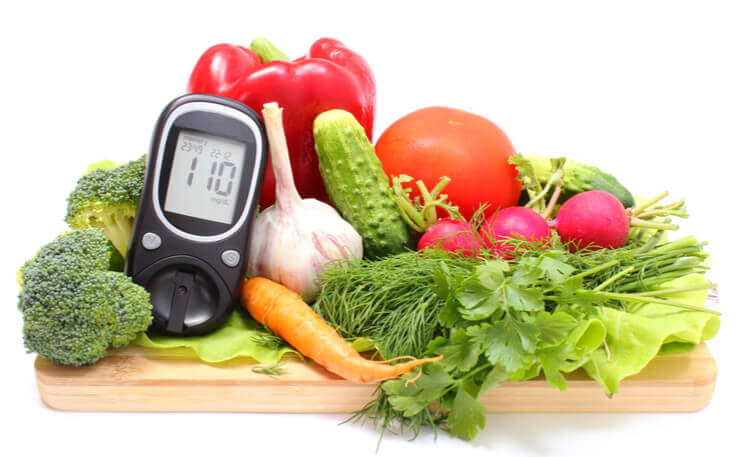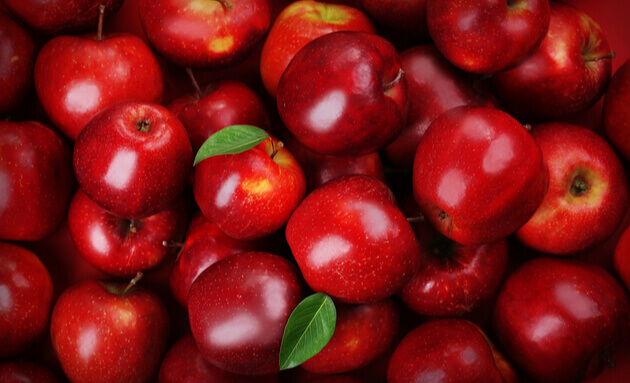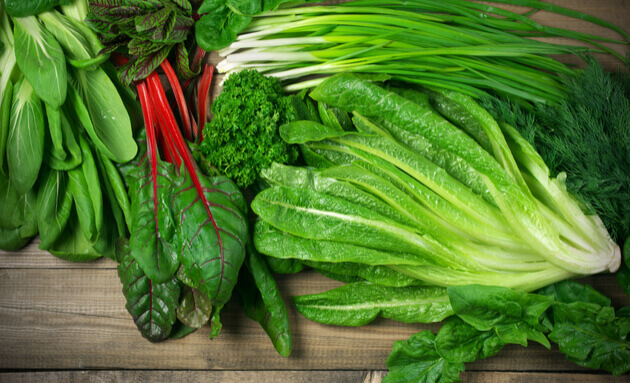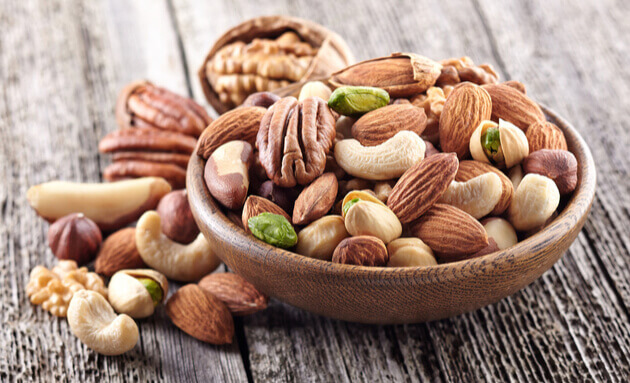Diabetes Diet : 5 Foods That Help To Control Diabetes

As we explained in our article, Different Types Of Diabetes, diabetes is caused when the body, either doesn’t make enough insulin, can’t utilise the insulin it produces or it could be a combination of both. Ultimately, this results in an accumulation of sugar in the bloodstream which makes dietary precautions an important part of diabetes management.
Different foods have varying degrees of benefits, and often what seems to be nutritious may not necessarily be the best option for a diabetic. What is of real importance for someone with fluctuating blood sugar levels is the Glycemic Index or GI content of the food. This measures the rate at which a portion of food will raise blood sugar, and seemingly, foods with a low GI are a preferred option for diabetes patients.
While it may be difficult to chart a singular dietary approach to effectively manage diabetes, there are some general guidelines that help to manage the disease and ensure a healthier lifestyle. Essentially, it is important to choose foods that will not cause sudden spikes in blood sugar.
The Best Foods for a Diabetes Diet
Here’s a list of 5 foods that are nutritious and good for people with diabetes:
-
Non-starchy Vegetables
Non-starchy vegetables contain fewer carbs but they are still very effective in keeping hunger at bay and providing a nourishing supply of minerals, fibre, vitamins and phytochemicals (i.e. substances with protective or disease preventive properties). Some examples of non-starchy vegetables are cabbage, carrots, cauliflower, mushrooms, onions, broccoli and asparagus. Since they contain very few calories, they are the ideal food choice for people with diabetes. Also, an added advantage is that the American Diabetes Association (ADA) has identified non-starchy vegetables to have a low GI index! -
Apples

We’ve all heard the age-old saying about apples and doctors. The good news is that it still holds true and in fact, apples can even protect against diabetes. In a study by The Harvard School of Public Health, the diets of 200,000 people were examined and researchers found that participants who reported eating five or more apples per week had a 23% lower risk of developing type 2 diabetes compared to participants who did not eat any apples. One of the great benefits of apples is their low carb content, which is as low as 15 carbs for a small apple. -
High Fibre Vegetables
Vegetables such as peas, beans and spinach are rich in fibre and thus an ideal addition to the diet of a diabetes patient. Beans are also great sources of protein and research has found that they help in lowering blood sugar and blood pressure.
Also, the American Heart Association Journal suggests that fibre consumption may lower the risk of a first-time stroke and researchers have ascertained that every 7-gram increase in total dietary fibre is associated with a 7% lower risk of a first-time stroke.
Some great bean options include rajma, channa or mung and our recommendation is to add beans to your diet as the main source of protein at least one or two times per week. -
Green Leafy Vegetables

Everyone knows that green leafy vegetables are an extremely healthy addition to a diet. But, few of us know why! Firstly, they are very low in digestible carbs, thus helping to control blood sugar levels and making them the right choice for diabetics.
Additionally, they are a great source of vitamins, particularly Vitamin C which has been found to reduce inflammatory markers and fasting blood sugar levels for people with type 2 diabetes or high blood pressure. Their antioxidant qualities make them a common choice in most modern diets, irrespective of diabetes.
Fortunately, there is no dearth of healthy leafy greens in India and palak and methi are a great choice for anyone looking to add some green to their plate! -
Eggs
Eggs have some great benefits for diabetics, including improving insulin sensitivity, increasing HDL cholesterol levels (Don’t worry, these are the good kind!), and modifying the size and shape of LDL cholesterol (the bad kind). Furthermore, eggs are made up of 77 calories, 6 grams of protein and 5 grams of healthy fats. One of the best qualities of eggs is that they keep you satiated for hours, thus helping you resist the urge to snack on unhealthy foods. Our advice is to eat whole eggs. The yolk is the main source of nutrients, much more than the white of the egg. -
Nuts

Nuts are another great addition to a diabetes diet as they contain proteins, vitamins, unsaturated fats, and minerals; this helps to lower cholesterol, inflammation, and insulin resistance. Research suggests that including 50 grams of almonds, cashews or walnuts in your daily diet can help to control high levels of fats and sugars.
Overall, your diet plan should contain limited carbohydrates and include snacks which fall within the above-mentioned list. Other healthy options include melons, flax seeds or healthy vegetables infused with water such as cucumber or lemons.






